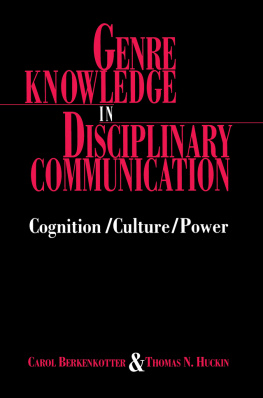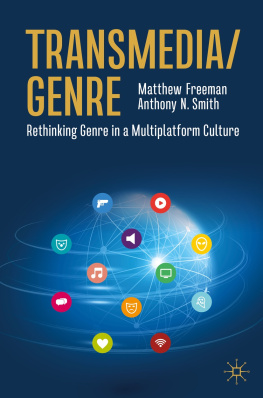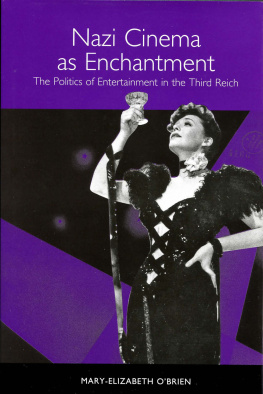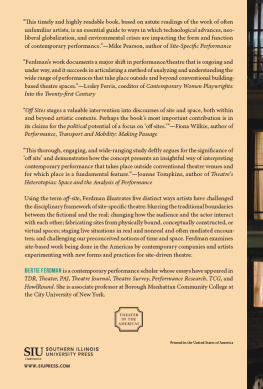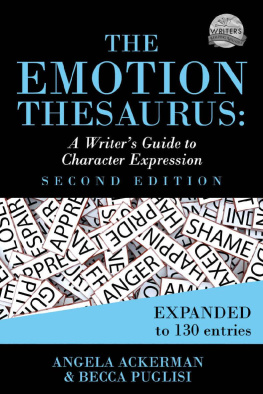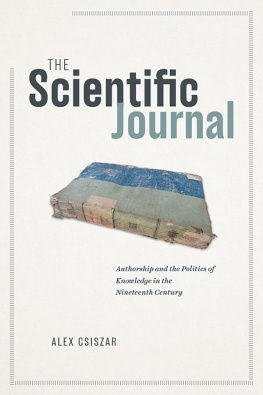G ENRE K NOWLEDGE IN D ISCIPLINARY C OMMUNICATION: C OGNITION/ C ULTURE/ P OWER
G ENRE K NOWLEDGE IN D ISCIPLINARY C OMMUNICATION: C OGNITION /C ULTURE /P OWER
Carol Berkenkotter
Michigan Technological University
Thomas N. Huckin
University of Utah
First Published 1995 by Lawrence Erlbaum Associates, Inc., Publishers
Transferred to Digital Printing 2009 by Routledge
Published 2016 by Routledge
2 Park Square, Milton Park, Abingdon, Oxon 0X 14 4RN
711 Third Avenue, New York, NY 10017 USA
Routledge is an imprint of the Taylor & Francis Group, an informa business
Copyright 1995, by Taylor & Francis
All rights reserved. No part of the book may be reproduced in
any form, by photostat, microform, retrieval system, or any other
means, without the prior written permission of the publisher.
Cover design by Jan Melchior
Library of Congress Cataloging-in-Publication Data
Berkenkotter, Carol.
Genre knowledge in disciplinary communication : cognition,
culture, power / Carol Berkenkotter, Thomas N. Huckin.
p. cm.
Includes bibliographical references and index.
ISBN 0-8058-1611-9 (alk. paper). ISBN 0-8058-1612-7 (pbk. :
alk.paper)
1. Rhetoric. 2. Discourse analysis. 3. Register (Linguistics)
4. Sublanguage. I. Huckin, Thomas N. II. Title.
P301.B47 1994
401'.41dc20
94-16549
CIP
Publisher's Note
The publisher has gone to great lengths to ensure the quality of this reprint but points out that some imperfections in the original may be apparent.
ISBN: 978-1-315-53874-7 (eISBN)
For Jim and Christiane
Contents
Conventions, Conversations, and the Writer:
An Apprenticeship Tale of a Doctoral Student |
| with John Ackerman |
| John M. Ackerman |
Suffer the Little Children: Learning the Curriculum Genres
of School and University |
A writer's development of genre knowledge has not only a sociocultural dimension, but a systemic dimension as well. Language users are situated artful actors whose acts of communication occur within semiotic systems. In the course of our studies of disciplinary communication conducted since the mid 1980s, we have perceived the operations of systems as diverse as peer review in scientific publication and language in a first-grade science classroom.
We use the term genre knowledge to refer to an individual's repertoire of situationally appropriate responses to recurrent situationsfrom immediate encounters to distanced communication through the medium of print, and more recently, the electronic media. One way to study the textual character of disciplinary communication is to examine both the situated actions of writers, and the communicative systems in which disciplinary actors participate. It is these two perspectives that we present in this book.
A word about our methodology is relevant here. We have used a variety of research techniques in these studies, which, given the differences in our training, has proven to be a genuine asset over the years we have worked together. These techniques include case study and ethnographic techniques, and rhetorical and discourse analyses of changing features in large corpuses and in the texts of individual writers. Our use of these techniques has enabled us to engage in both microlevel and macrolevel analyses and to develop a perspective that reflects both foci. From this perspective we propose that what microlevel studies of actors' situated actions frequently depict as individual processes, can also be interpreted (from the macrolevel) as communicative acts within a discursive network or system. Genre is the concept that enables us to envision the interpenetration of process and system in disciplinary communication. We have come a long way from our notions of genre in graduate school.
Although studies of genre have been until recently the province of literary scholars, this scholarship has been generally concerned with the formal features of literary texts. In contrast, rhetorical studies of genre have focused more on the social dynamics and social constitution of nonliterary forms of writing and speaking. During the 1980s, within a number of fields one could see a burgeoning interest in the history and sociocultural functions of disciplinary genres. Some of this work grew out of the work of European and American linguists in Language for Specific Purposes and English for Specific Purposes interested in legal and scientific communication. Another group of linguists, the critical discourse analysts, have been concerned from the perspective of social semiotics with the ideological character of professional discourse. Within the fields of rhetoric and communication, scholars interested in the textual dynamics of scientific and scholarly communities have focused on such genres as the experimental article and literature review in the natural sciences and the literary critic's interpretive essay. Much of this work has been influenced by studies of the social dimension of science conducted by sociologists of science in England and elsewhere in Europe. These scholars in the 1970s and early 1980s conducted pioneering laboratory studies that focused from a social constructionist perspective on the "manufacture of knowledge" in scientific communities. In particular, the interest of sociologists of science in the social construction of scientific discourse has had considerable impact on American rhetoric of science.
In 1992, an international conference on genre at Carleton University in Ottawa, Canada, brought together linguists, rhetoricians, educational researchers, literary theorists, and composition scholars to present recent work and to articulate the central issues and concerns growing out of the various fields engaged in genre scholarship. It is in the context and the intellectual traditions of the work described here that we offer our studies of the genres of disciplinary communication.
We have combined our respective expertise in the fields of discourse analysis and cognitively based rhetorical research to develop what we are calling a sociocognitive theory of genre. We describe this theory as grounded because it is based on the empirical findings of our 8 years of case study research. We have also drawn from such sources as our reading of structuration theory in sociology, activity theory in developmental psychology, and historical rhetorical studies. The five principles that constitute the theory are described in the first chapter of this book. Through the research that we present in the subsequent chapters we further develop and comment on the principles we present in presents a socialization study of a doctoral student's acquisition of the registers and genre conventions of social science expository prose and essayist prose in the humanities. In the last chapter we move away from our own research to consider the pedagogical implications of a sociocognitive theory of genre. Specifically we raise a number of questions concerning the explicit teaching of "classroom" or "curriculum" genres.
It is our hope and ambition that the research methods and the theoretical framework presented in these chapters will raise provocative questions for scholars, researchers, and teachers in a number of fields: linguists who teach and conduct research in ESP and LSP and are interested in methods for studying professional communication; scholars in the fields of communication, rhetoric, and sociology of science with an interest in the textual dynamics of scientific and scholarly communities; educational researchers interested in cognition in context; and composition scholars interested in writing in the disciplines.

